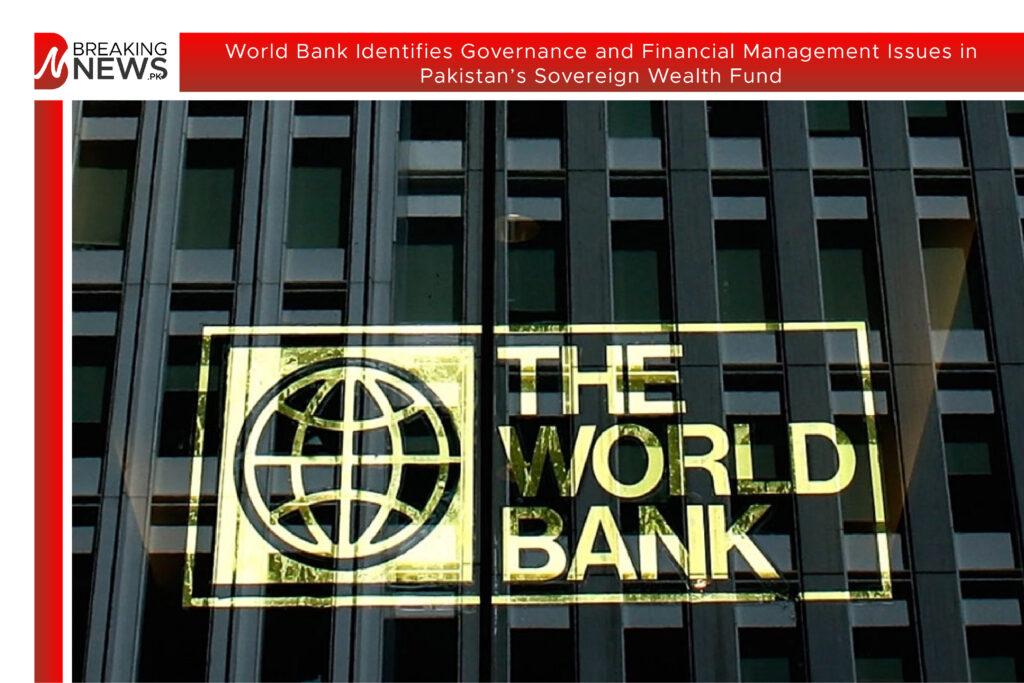
The establishment of Pakistan’s Sovereign Wealth Fund (SWF), valued at roughly $8 billion, has been identified by the World Bank as a catalyst for governance and financial management challenges. This is due to the exemption of the State-Owned Enterprises (SOEs) that are part of the SWF from following the best corporate governance practices mandated by the SOE Act. The World Bank has released a report urging that SOEs, even those under the SWF, should adhere to the SOE Act to guarantee transparency and governance excellence.
In its report, the World Bank emphasizes that the SWF includes profit-making entities such as the Oil and Gas Development Company Limited and Pakistan Petroleum Limited, which significantly contribute to the country’s Gross Domestic Product (GDP). However, with these entities now under the SWF, a comprehensive dividend policy for the SWF becomes essential to maintain a balanced SOE portfolio, which these entities previously bolstered with their combined assets and profits.
The World Bank has suggested that for effective oversight, the SWF should potentially be classified as a commercial SOE if the government maintains ownership and control. Such a move would necessitate the implementation of robust governance structures to protect the assets and interests of stakeholders. The Bank also recommends annual evaluations of the SWF’s performance and suggests considering its membership in the International Forum of Sovereign Wealth Funds for compliance with global standards.
Fiscal costs associated with inefficiently operated SOEs in key economic sectors have been a growing concern, as detailed in the World Bank’s update. Despite these entities having incurred consistent losses since 2016, they have received significant government support, creating a sizeable fiscal risk. The direct government support to SOEs was substantial, overshadowing the total spending on health and contributing to a larger budget deficit. The report advocates for swift action on the government’s plans for SOE privatization, restructuring, and divestment to mitigate fiscal risks and enhance financial reporting and risk management standards.
